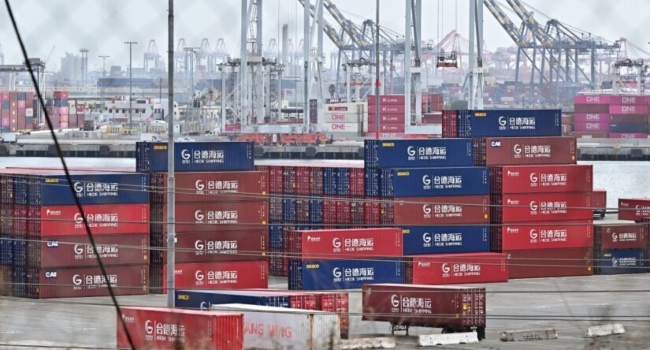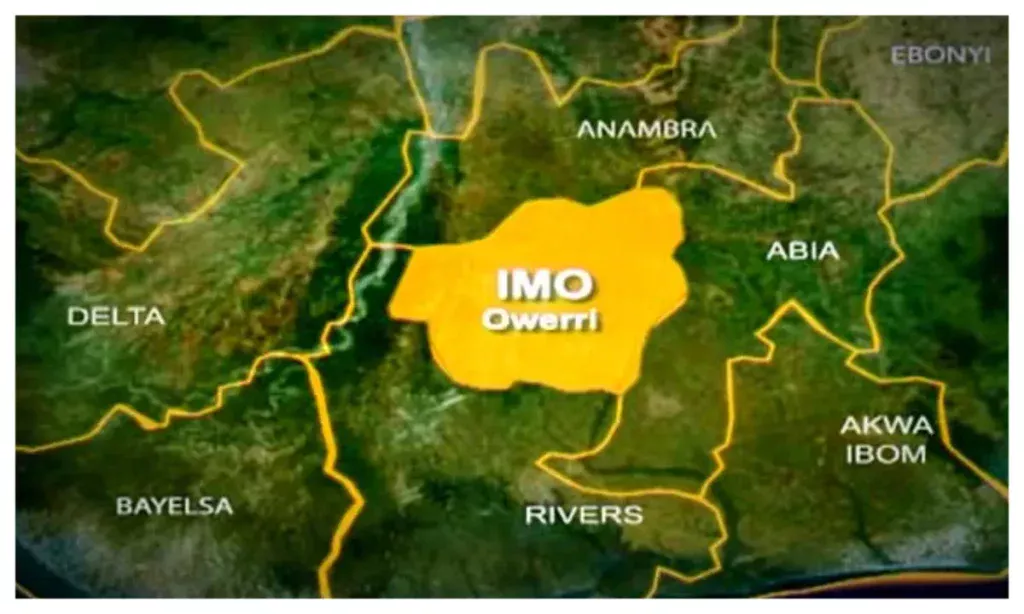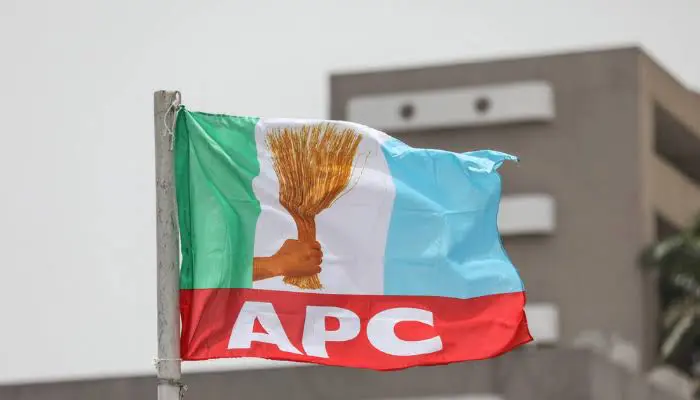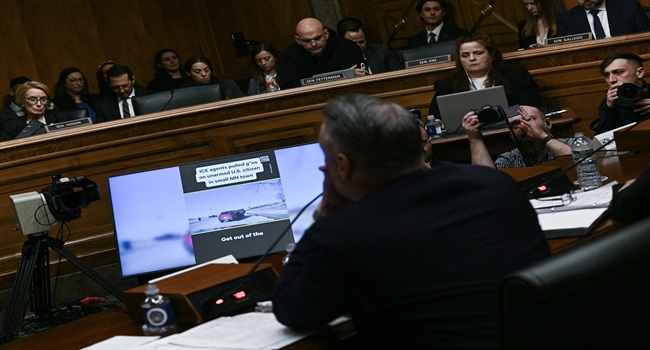The United Nations Development Programme (UNDP), the United Nations Capital Development Fund (UNCDF), and the World Resources Institute (WRI) have launched two projects in Kenya aimed at advancing the country’s climate targets and sustainable development agenda. The initiatives, funded by the Mitigation Action Facility, focus on introducing solar-powered cold storage and electrifying two- and three-wheelers.
In partnership with the Government of Kenya, UNDP and UNCDF will deploy 1,000 solar-powered cold storage units nationwide to reduce post-harvest losses, methane emissions, and increase farmer incomes. The project aims to preserve 5,000 tonnes of food, benefit 60,000 smallholders, and aligns with Kenya’s Climate-Smart Agriculture Strategy and updated Nationally Determined Contributions (NDCs). Over its lifetime, the project is expected to avoid 4.8 million tonnes of CO₂ equivalent emissions.
According to Dr. Jean-Luc Stalon, UNDP Kenya Resident Representative, the country’s post-harvest losses present a significant opportunity for growth. “By strengthening our cold chain, we can ensure food reaches our tables, boost our economy, and build a more resilient future,” he said. The project will utilize concessional loans and guarantees to de-risk private capital, enhance farmer incomes, and build a sustainable cold-chain ecosystem.
The second project, ‘Electrifying Kenya’s Two and Three Wheelers’, is a five-year national program led by WRI. The initiative aims to accelerate the adoption of clean two- and three-wheel transport, which accounts for the majority of Kenya’s mobility segment. With tailored financing, the program targets approximately 68,000 electric vehicles across three counties, supporting Kenya’s enhanced NDC goal of a 32% emissions reduction by 2030. The project is expected to cut 1 million tonnes of emissions over ten years, create around 68,000 green jobs, and bolster local electric vehicle assembly and manufacturing.
The initiatives have been welcomed by the Kenyan government, with Principal Secretary for Environment Dr. Festus Ng’eno stating that they demonstrate how climate action and development can advance together. “By supporting farmers with solar cold storage and expanding clean transport, we are reducing emissions while building resilient communities and local industries,” he said. The projects are expected to contribute significantly to Kenya’s sustainable development and climate goals, with the potential to create a positive impact on the environment and local economies.



